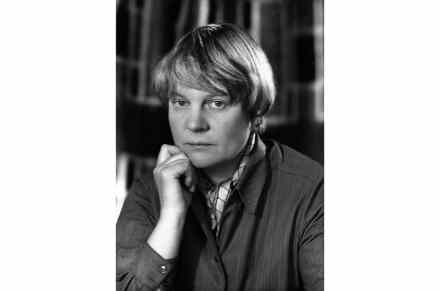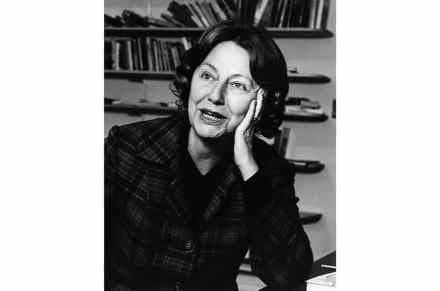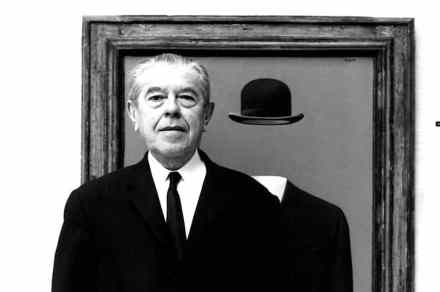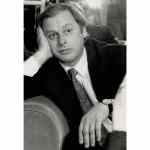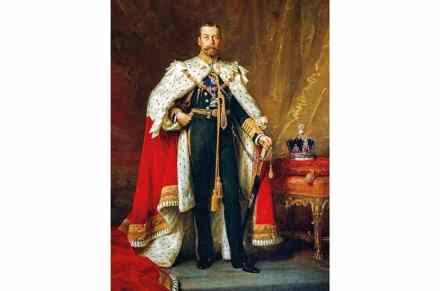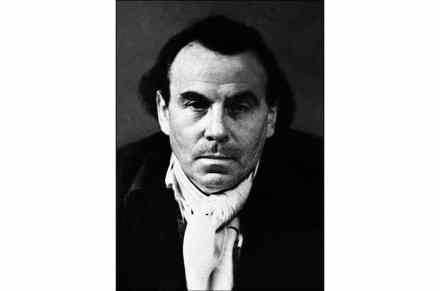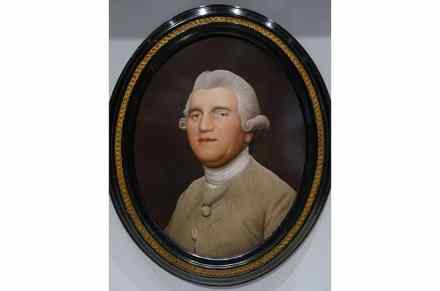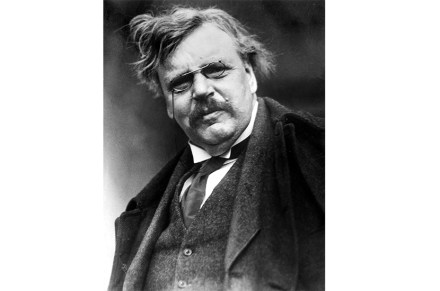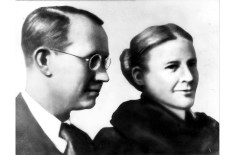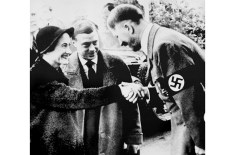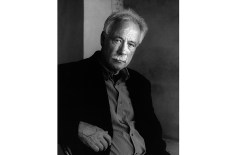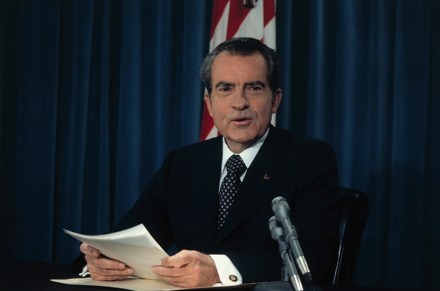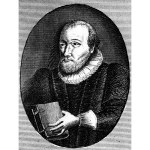The women who challenged a stale, male philosophy
Metaphysical Animals tells of the friendship of four stellar figures in 20th-century philosophy — Mary Midgley, Iris Murdoch, Elizabeth Anscombe and Philippa Foot — who attempted to bring British philosophy ‘back to life’. Fuelled by burning curiosity — not to mention chain-smoking, tea, wine, terrible cooking and many love affairs (sometimes with each other) — they tackled an ancient philosophical question: are humans a kind of animal or not? Dazzled as we are these days by technological possibility, their question only gains in urgency. This splendidly entertaining book, fizzing with character and incident, constitutes an extended joyful reply in the affirmative. Others would disagree. Humans are rational and animals aren’t,
